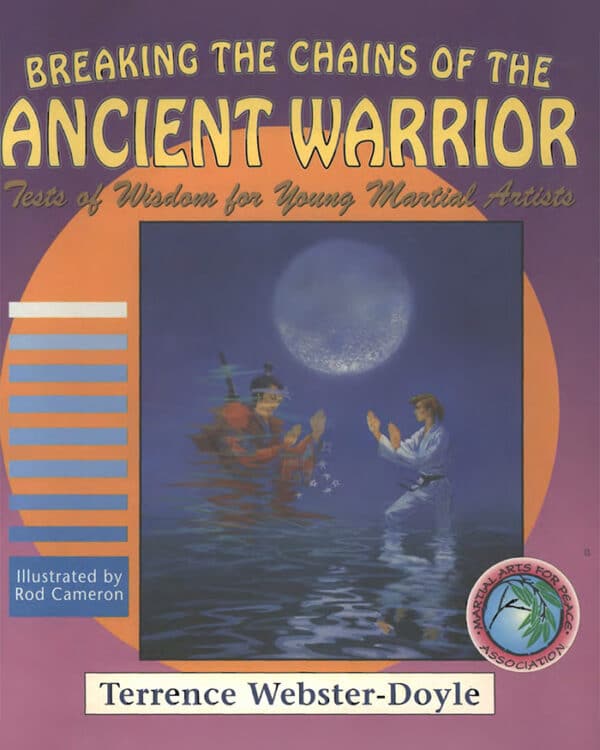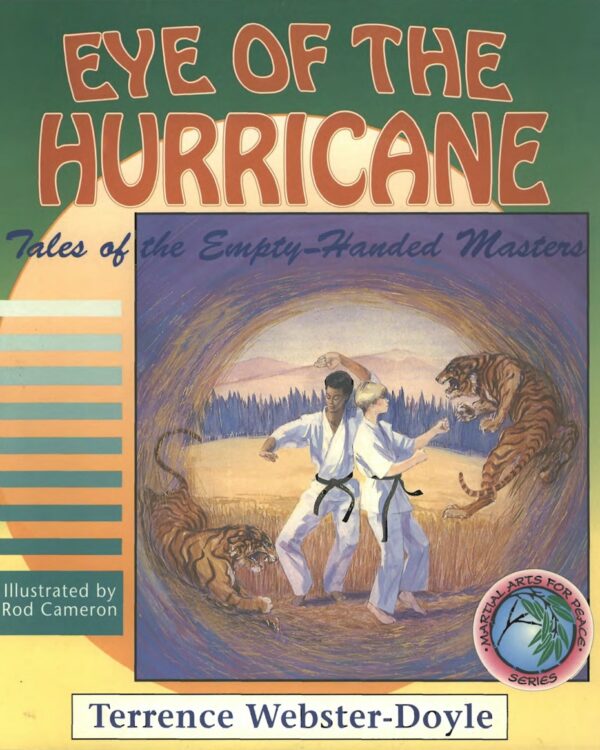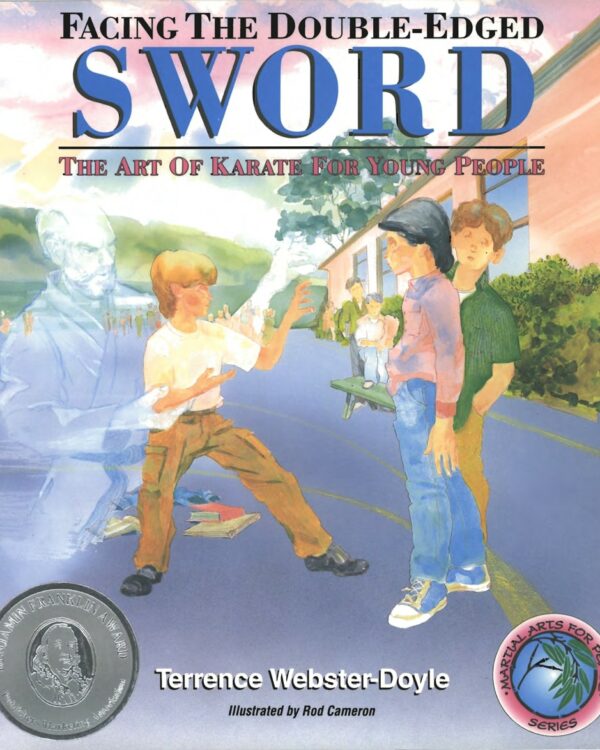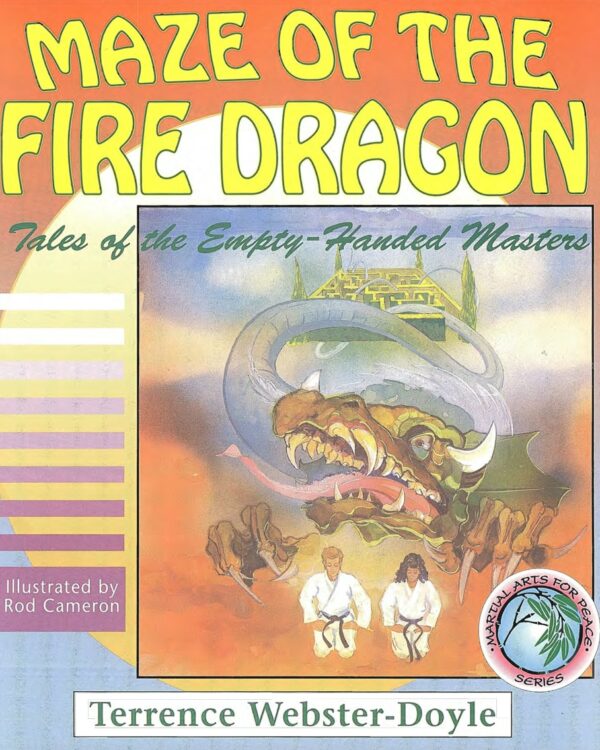Beyond Profit: The Zen of Running a Martial Arts School
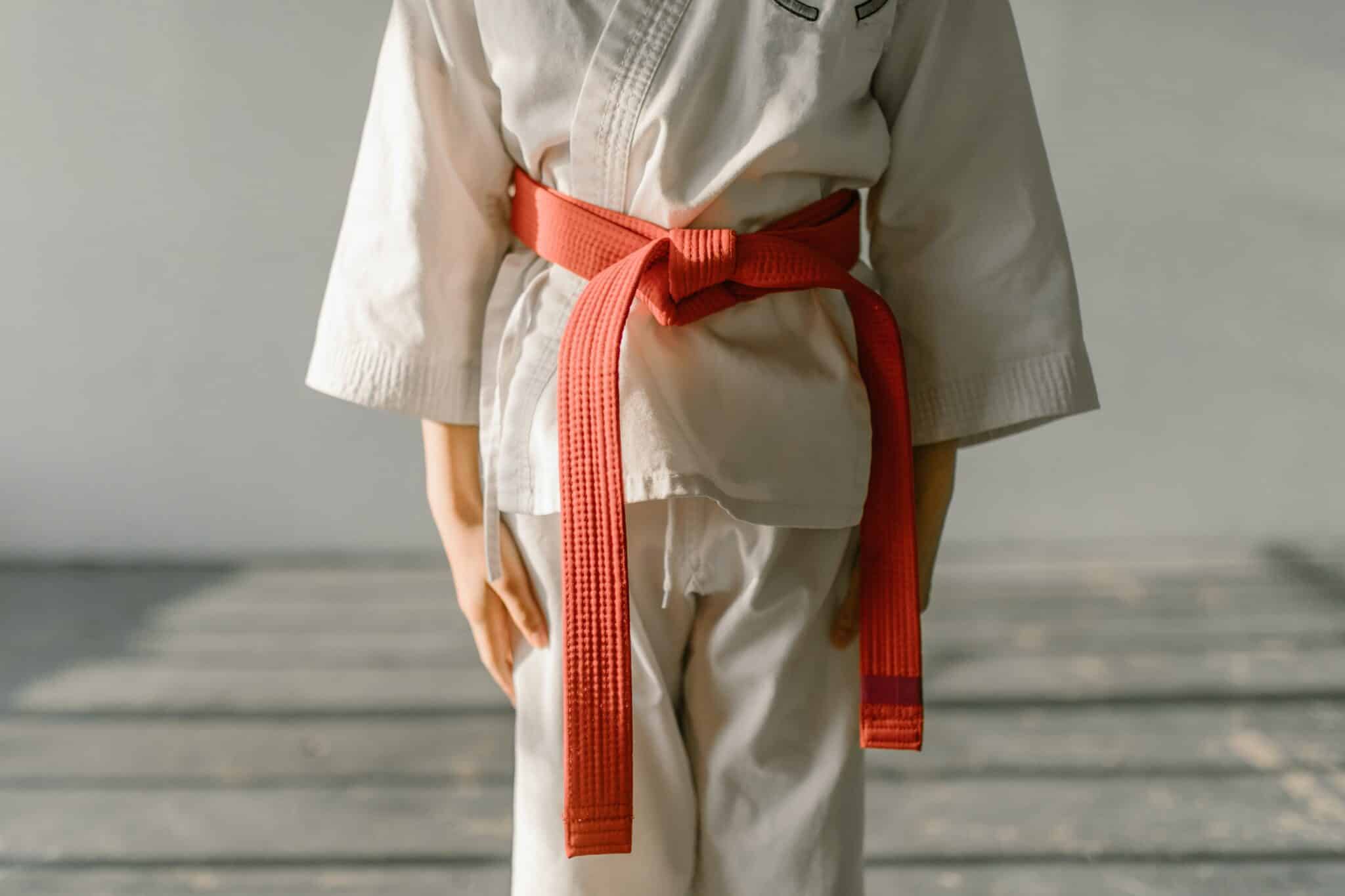
Zen and the Business of the Martial Arts
“Mastering others requires force; Mastering the self requires enlightenment. – Lao Tzu
What does Zen and Zen-like Asian philosophy have to do with the martial arts? And especially what does Zen have to do with a martial arts business magazine?
Let me answer the last question first. We are school owners and the business of the martial arts is to get and retain students, especially young students. Business means creating income for people so we can live well and be happy. It is as simple as this. So in order to get and retain students so we can make an income to live well and be happy we have to educate them so that they in turn are able to live well and be happy. This is real “customer service.” A happy customer is a good consumer. It is a positive “win-win” cycle.
But in order to educate our students to live well and be happy we have to educate them in understanding themselves. Educating them in only protecting themselves from those who would harm them is only one small part of a whole endeavor. We must help them to understand and avoid conflict before it becomes physical. This is just common sense. If we can teach our students to prevent conflict from happening then we have done our jobs well. We have created a safer and happier world for them, now and when our young students grow into adulthood.
So the real “business” of the martial arts is to give our students the understanding and tools to resolve conflict before it becomes physical so they can be well and happy. Being in conflict creates unhappiness and we want our customers to be happy so we want them to avoid conflict, which makes them unhappy. It is like going to a Doctor to get well. The Doctor should get us well and keep us that way. Then we are happy patients and will keep on going to him or her.
Martial Arts Resources
-
Breaking the Chains of the Ancient Warrior
Download Now$10.00 -
Eye of the Hurricane
Download Now$10.00 -
Facing the Double Edged Sword
Download Now$10.00 -
Operation Warhawks: How Young People Become Warriors
Download Now$10.00 -
Flight of the Golden Eagle
Download Now$10.00 -
Maze of the Fire Dragon
Download Now$10.00
So what does Zen have to do with all this? What does it have to do with helping one understand and resolve conflict peacefully? If it is indeed our “business” to equip our students with both mental and physical self-defense skills to prevent and manage conflict then Zen has everything to do with the martial arts.
Zen is by and large the psychological basis of all martial arts. In China it is called “Chan” and in Japan and Korea it is generally referred to as “Zen.” Zen is a means by which one can understand the roots of human conflict and end it at its cause. I don’t want to go into the different types of Zen, but rather have us take a look at the basic insights that it offers us in understanding conflict in the way we think.
Zen portrays itself in stories or “mondos” and in puzzling little philosophic sayings called “koans” but in essence it is very, very simple and straightforward. What I want to do is to present you with some Zen stories that are not immediately explainable but are rather like standing out in the mist and getting wet without realizing it. The stories are not asking for an answer but rather they are trying to lead us to an insight, to create a “feeling” that gets under our skin and works its way into our consciousness without our realizing it, like the mist.
Children naturally understand these stories because they are living them. It is we adults that have a hard time with them because we have been “educated” to analyze, to find a solution to what they are saying and to apply that solution to the “problem” of life. The first and most important thing to realize is that life is not a problem to be solved. Technologically it is, but psychologically it is not. And if we look upon these stores as “problems” to be solved then we will miss their subtle intent completely. So in the next few columns sit back and enjoy the wonderful world of Zen and see how it is the real business of the martial arts and that it indeed has everything to do with them in their fundamental intent of helping our students to understand and resolve conflict peacefully so that they can live happy and prosperous lives.
